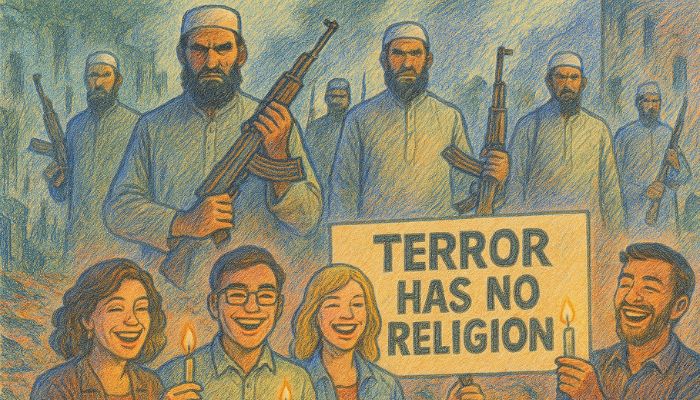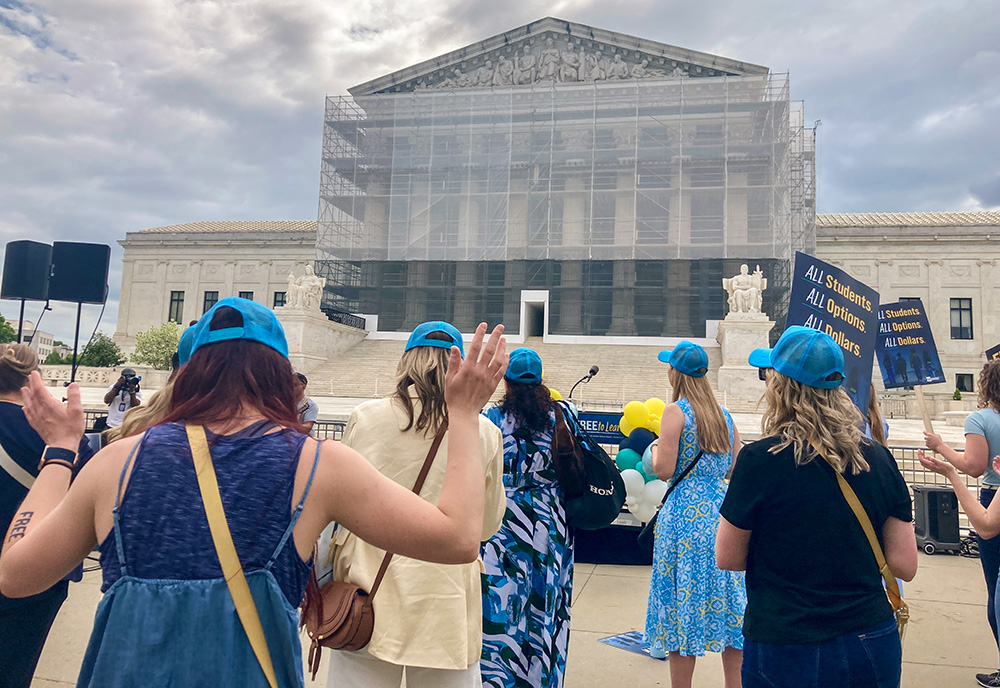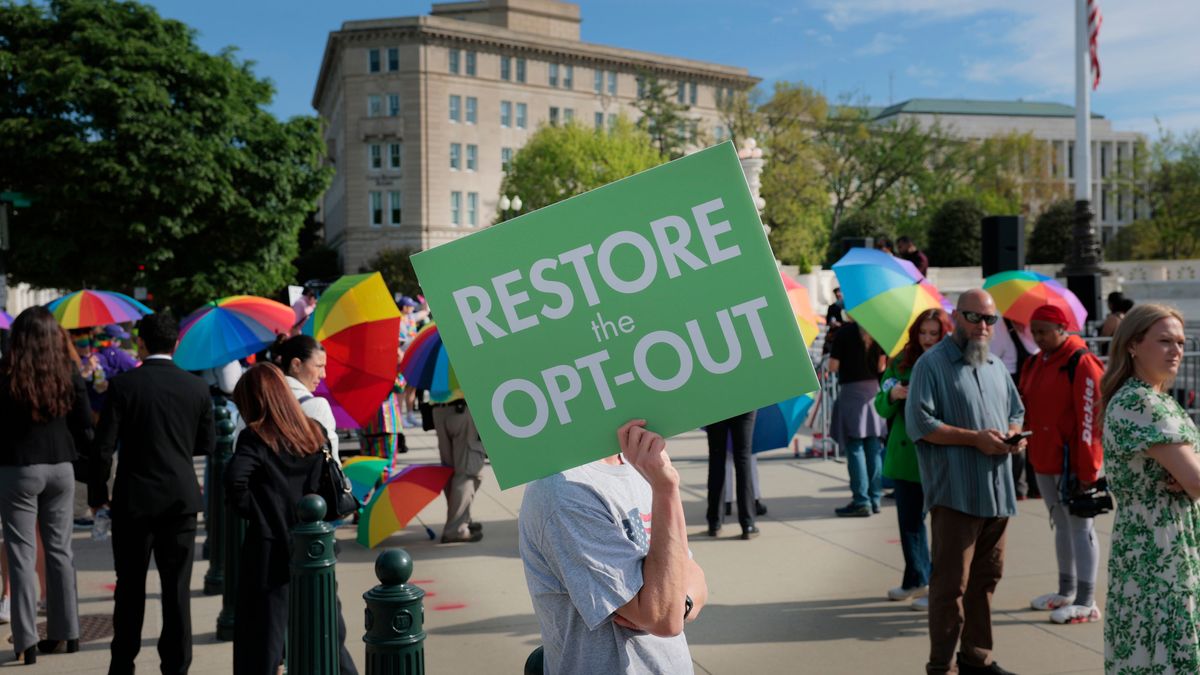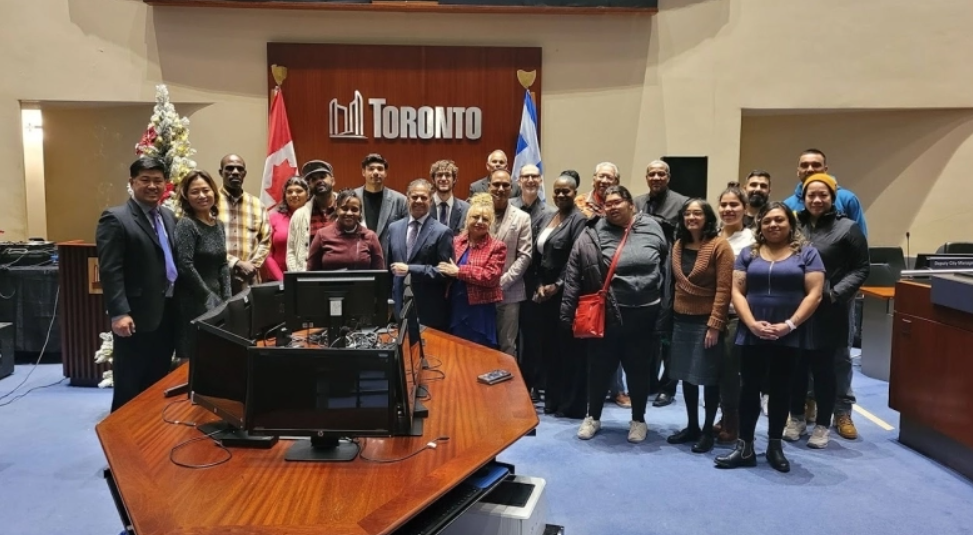When Faith Becomes a Weapon: Tracing Religious Targeted Violence in Kashmir's Troubled Landscape
Religion
2025-04-23 12:24:15Content

In the wake of every Islamic terrorist attack, a predictable narrative quickly emerges from certain quarters—a well-rehearsed script that attempts to disconnect these violent acts from their religious underpinnings. The familiar refrain seeks to absolve radical interpretations of Islam from any responsibility, painting these attacks as isolated incidents devoid of deeper ideological roots.
This knee-jerk response has become a standard playbook for terror apologists, who rush to deflect attention from the complex religious and cultural dynamics that fuel extremist ideologies. Instead of confronting the uncomfortable truths about radicalization, they prefer to construct elaborate narratives that minimize the role of religious interpretation in motivating violent actions.
Such apologetic approaches not only sidestep critical analysis but also potentially hinder meaningful dialogue about addressing the underlying factors that contribute to religious extremism. By reflexively dismissing any connection between terrorist acts and religious ideology, these narratives ultimately do a disservice to nuanced understanding and constructive solutions.
The persistent attempt to divorce terrorist violence from its potential religious context represents a dangerous form of intellectual dishonesty—one that prioritizes political correctness over honest, substantive examination of the complex challenges facing modern societies.
Unraveling the Complex Narrative: Terrorism, Religion, and Media Discourse
In the intricate landscape of global security and social dynamics, the relationship between religious ideology and violent extremism continues to challenge our understanding, provoking intense debates about causation, responsibility, and media representation.Exposing the Hidden Layers of Conflict and Narrative Construction
The Complexity of Religious Interpretation and Extremist Ideologies
Contemporary discourse surrounding terrorism demands a nuanced examination beyond simplistic narratives. Scholars and analysts increasingly recognize that religious texts can be manipulated to justify violence, creating a complex ecosystem where ideological radicalization thrives. The interpretation of religious doctrines becomes a critical battleground, where extremist groups selectively extract and distort theological principles to rationalize their destructive agendas. Psychological research reveals that radicalization is rarely a linear process, involving intricate personal, social, and systemic factors that extend far beyond religious identity. Marginalization, economic instability, and geopolitical tensions often serve as fertile ground for recruitment, transforming vulnerable individuals into potential agents of violence.Media Representation and Narrative Framing
The role of media in shaping public perception cannot be understated. Journalistic approaches to reporting terrorist incidents frequently oscillate between sensationalism and oversimplification, inadvertently contributing to polarized understanding. Responsible reporting requires a delicate balance of factual representation and contextual analysis, moving beyond reductive stereotypes. Critical media scholars argue that blanket statements dismissing religious connections or conversely, demonizing entire faith communities, perpetuate harmful narratives. The nuanced reality demands comprehensive investigations that explore individual motivations, systemic vulnerabilities, and the complex interplay of social, political, and psychological factors.Deconstructing Apologetic Responses and Counternarratives
The phenomenon of "terror apologia" represents a problematic response mechanism that often emerges in the aftermath of violent incidents. While well-intentioned attempts to prevent communal tensions are crucial, overly defensive narratives can inadvertently obscure meaningful dialogue about root causes and potential prevention strategies. Effective counternarratives must engage with uncomfortable truths, acknowledging the potential for ideological manipulation while simultaneously rejecting broad-brush generalizations. This requires a multidisciplinary approach involving sociologists, psychologists, religious scholars, and policy experts working collaboratively to develop comprehensive understanding.Systemic Prevention and Constructive Dialogue
Addressing the complex challenge of religious-motivated violence necessitates proactive, holistic strategies. Educational initiatives promoting critical thinking, interfaith dialogue, and cultural understanding emerge as powerful tools in combating extremist ideologies. Community-based interventions that address underlying socioeconomic disparities can significantly mitigate radicalization risks. International cooperation, robust deradicalization programs, and targeted psychological support for at-risk individuals represent critical components of a comprehensive approach. By fostering environments that prioritize mutual respect, critical dialogue, and inclusive social structures, societies can effectively challenge the foundations of extremist narratives.The Path Forward: Embracing Complexity
Understanding terrorism requires transcending simplistic binary perspectives. Each incident represents a unique confluence of personal, ideological, and systemic factors that demand rigorous, empathetic analysis. By rejecting reductive explanations and embracing nuanced understanding, we can develop more effective strategies for prevention and social cohesion. The journey toward comprehending and mitigating religious-motivated violence is ongoing, requiring continuous dialogue, research, and a commitment to understanding human complexity in all its profound and challenging dimensions.RELATED NEWS
Religion

Faith, Education, and the Constitution: Supreme Court Weighs Landmark Charter School Funding Case
2025-05-02 19:54:55







